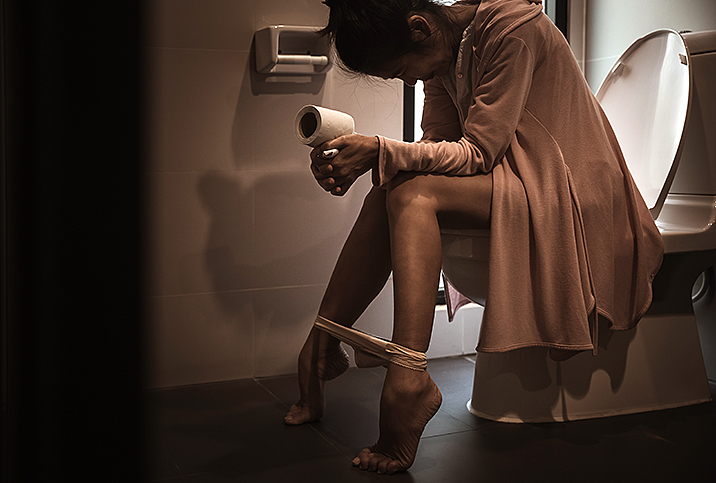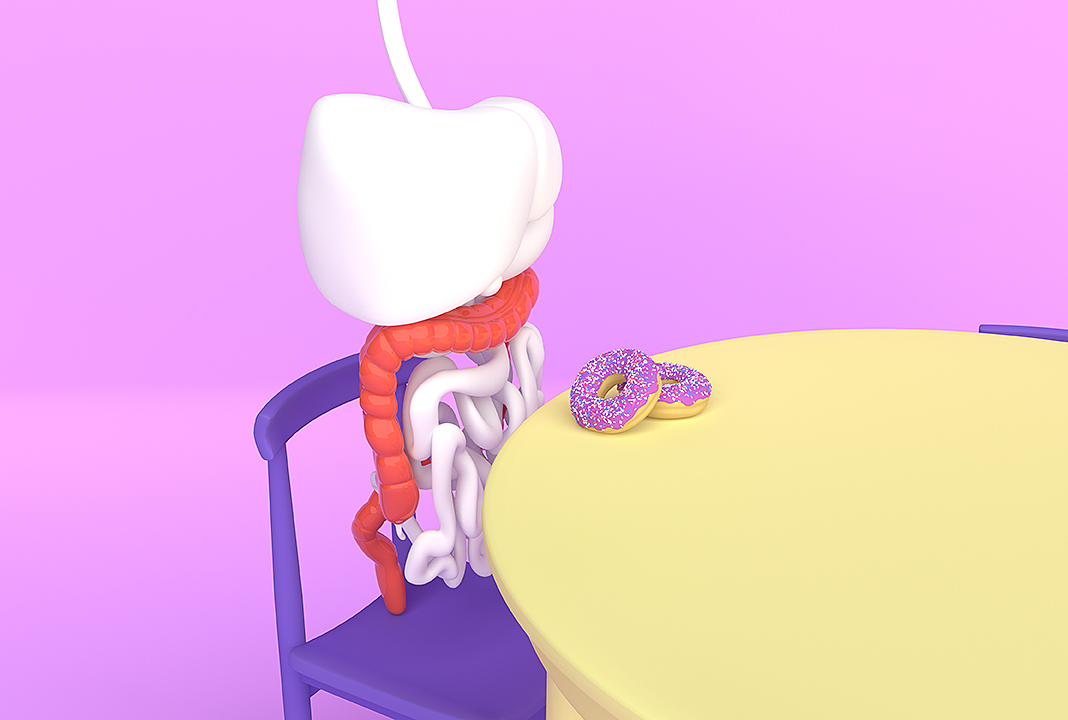Your IBS Could Be Endometriosis

If you experience chronic pelvic pain, bloating, and alternating constipation and diarrhea, and no matter what you do, it never seems to go away, you could have irritable bowel syndrome (IBS). However, this condition shares symptoms with endometriosis, which is harder to diagnose and treat. Learn the subtle differences and seek gynecological intervention to verify your diagnosis.
What is IBS?
IBS is a common condition that causes inflammation of the large intestine. Unlike other bowel conditions, IBS is not degenerative, so when a flare-up occurs, it is painful and debilitating but should not cause lasting damage like Crohn's or ulcerative colitis.
While IBS affects millions of Americans, it has unfortunately become a catchall diagnosis for primary care practitioners who aren't sure what is wrong after the standard diagnostics show no signs of a degenerative condition. For this reason, seeking the opinion of a gastroenterologist should be the next step to ensure an accurate diagnosis.
Your gastroenterologist will likely try IBS medications, such as antispasmodics, to try to reduce your discomfort, and might order tests, including a colonoscopy and endoscopy, to check your upper and lower digestive tracts for complications.
Similarities in symptoms
During this fact-finding mission, you should also consider gynecological causes for your symptoms, and tracking your pain and bowel habits with your menstrual cycle can provide important insight into the cause of your discomfort.
When I first sought treatment for my bowel symptoms, I was plagued with chronic constipation that was only relieved by sporadic days of diarrhea. When my gastro recommended I go to my gynecologist, it was not for a possible endometriosis diagnosis but rather a possible hormone imbalance that could be causing my constipation.
I started tracking my symptoms and researched possible gynecological causes. I learned that my symptoms followed the hormone fluctuations of my cycle, and after months of documentation, I was certain that my menstrual cycle was to blame.
I focused my energies on researching endometriosis, and found out every symptom of IBS is shared with endometriosis, and it's common to be misdiagnosed with IBS when the real cause is endometriosis. In fact, women who are diagnosed with IBS are three times more likely to be diagnosed with endometriosis.
You could have both
Even more surprising is that many women who have endometriosis also have irritable bowel syndrome. As I explored diagnostic and treatment options, I learned that some of the recommended diets for treating IBS, such as FODMAP and anti-inflammatory diets, were also recommended for endometriosis.
Armed with this knowledge, I found a new gynecologist who performs transvaginal ultrasounds as part of a regular pelvic exam. Within five minutes of my initial interview with the physician's assistant, she confirmed my suspicions and said that she too suffered from endometriosis and that my description sounded like a normal day for her.
Next, the gynecologist performed an ultrasound, discussed my symptoms and reviewed my medical history. He was sure endometriosis was the cause and ordered an immediate laparoscopic procedure to diagnose and remove the endometrial implants as soon as I mentioned my heavy and painful menstrual periods in conjunction with my bowel habits.
The key to understanding the difference is that endometriosis often causes heavy bleeding, and your constipation often corresponds with natural hormonal changes. This happens because the endometrial implants that cause bowel trouble will grow, contract and shed in conjunction with your regular menstrual cycle.
Living with a chronic illness
My story is nothing new, and while I'm certain that I also have IBS, my laparoscopy revealed that I have endometriosis and uterine adhesions that likely cause my IBS flare-ups. These conditions can cause intense pain, and depending on the location of the endometrial lesions, bowel and bladder problems are common.
Millions of women struggle with the daily impact of comorbid diagnoses of IBS and endometriosis. There is no cure for either disease, but with the right gastroenterologist and gynecologist, your symptoms will be taken seriously and managed effectively.


















